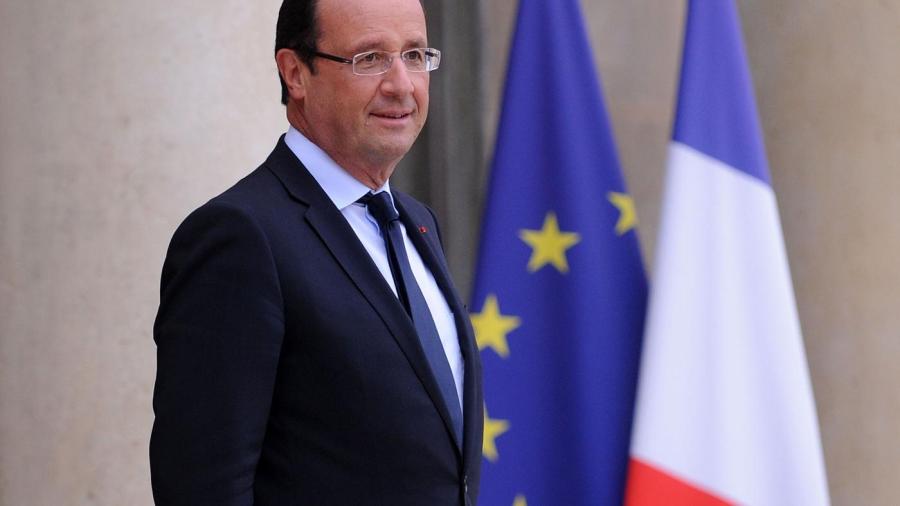What Type of Government Does France Have?

France is a constitutional republic. The head of state is president, and the government is run by a prime minister and council of ministers. It has two chambers of parliament, the National Assembly and Senate.
The French Republic There have been many types of government in France. It was initially a monarchy, but following the French Revolution, the First Republic was formed in 1792. This lasted until 1804 when Napoleon declared himself emperor. He was followed by various monarchs until deteriorating economic conditions led to the Second Republic. Its first president was Napoleon III who declared himself emperor, like his uncle. Napoleon III was captured by Prussia and a Third Republic proclaimed that endured until the Germans occupied France in 1940. Following World War II, the Fourth Republic was proclaimed. This lasted until a military crisis in Algeria in 1958 led to its dissolution by the government and the formation of the Fifth Republic, which was based on principles espoused by General Charles de Gaulle.
The President and Prime Minister France has a President who is elected every five years. The President appoints a Prime Minister who, in turn, recommends ministers who are then appointed by the President to form a government. The Prime Minister does not need to be from the leading party or coalition in parliament, but because parliament can force the government’s resignation, this is normally the case. Executive power is shared between the President and the Prime Minister.
Council of Ministers Each minister is responsible for the functioning of his or her department and for implementing government policies. Each sits on the Council of Ministers chaired by the President. This body meets on a weekly basis and directs government policy. The Council of Ministers is responsible for initiating legislation for approval by parliament.
French Parliament The French Parliament consists of two houses. The lower house is called the National Assembly and consists of Deputies representing 577 districts, and it’s elected every five years by popular vote. The upper house, called the Senate, has 348 Senators who are elected for six years by an electoral college. This college is made up of district and municipal representatives including local mayors. All legislation must be approved by both houses, although the National Assembly has the final say if there is an impasse. The National Assembly has the power to force the government to resign.
Article 49 Article 49 of the French Constitution is designed to ensure government politics don’t result in deadlock. This important section allows the government to ask for a motion of confidence from parliament. Alternatively, it provides for a motion of censure of the government by parliament. In either event, if the government is defeated, it must resign. Finally, article 49.3 allows the government to pass a bill or proclamation without the approval of parliament. However, if parliament objects and within 48 hours, passes a motion of censure, the government must resign and the law fails.
Constitutional Council The Constitutional Council ensures laws passed by parliament conform to the constitution, and it has the power to nullify them. The council has nine appointed members plus all past, surviving presidents, provided they are not active in politics. The Constitutional Council is responsible for supervising presidential and parliamentary elections as well as referendums. The council is not part of the independent judiciary, and its powers are restricted to constitutionality of legislation and parliamentary elections.
This type of government in France has succeeded for over 60 years despite numerous amendments to the constitution.





